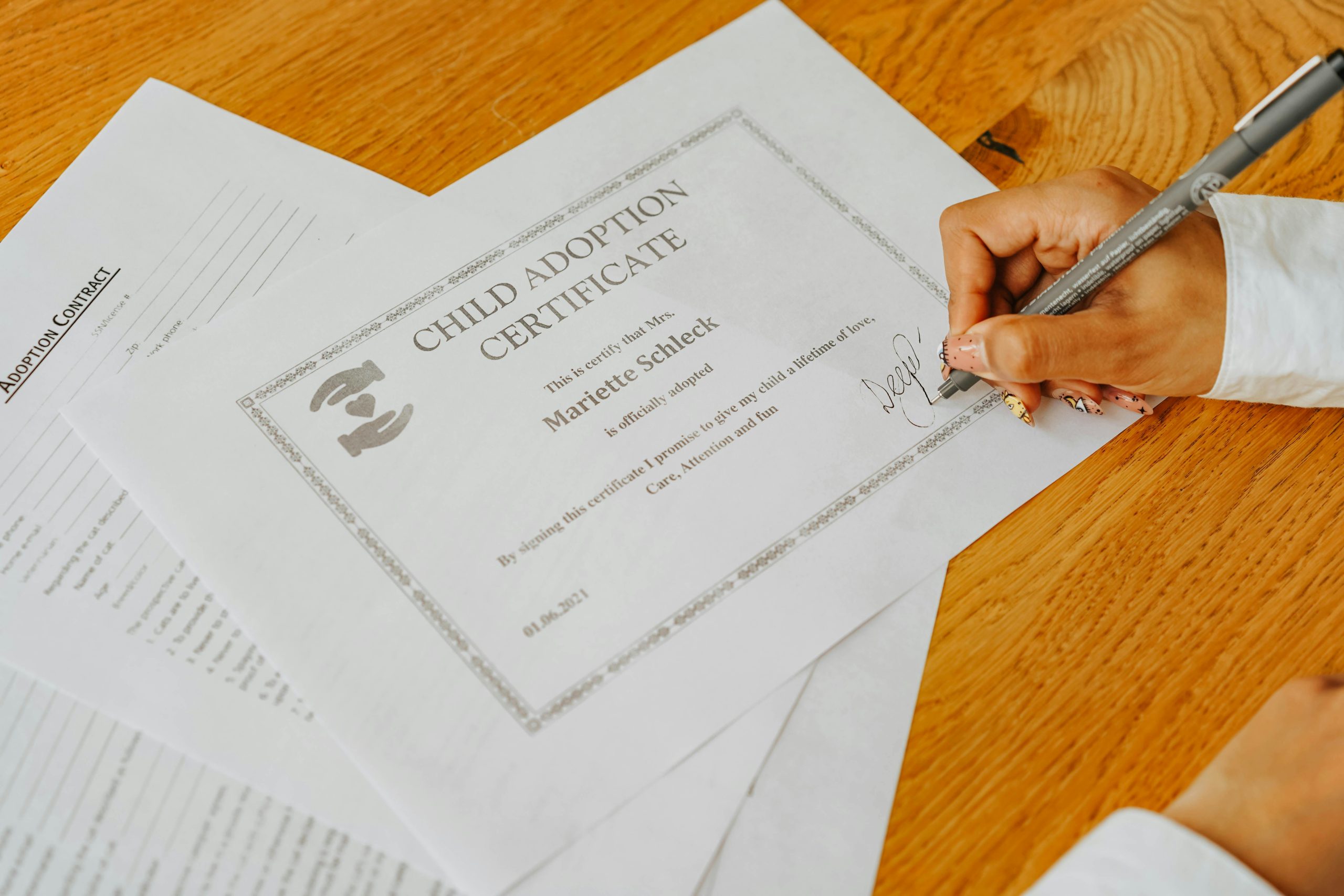Understanding Liability After Selling Your Car: What You Need to Know
Have you recently sold your vehicle and are now facing unexpected legal or financial issues? If so, you’re not alone, and it’s important to understand your rights and responsibilities in these situations.
Scenario Overview:
Imagine you’ve sold your car and have the official pink slip signed, along with proof that you’ve released liability. Despite this, issues can still arise if the new owner encounters trouble—like accidents or legal violations.
A Case Study:
Recently, a vehicle owner sold their car and provided proof of the sale, including a signed Release of Liability and a police report confirming the new owner’s registration. However, months later, the new owner gets into an accident without insurance, resulting in legal actions from entities like AFNI demanding payment for damages—despite the original owner having already transferred ownership.
Legal Implications:
This situation raises crucial questions about liability:
- Does the original seller remain responsible after transferring ownership?
- Can the new owner or third parties pursue the previous owner for damages?
- How effective are provided documents like the Release of Liability in protecting sellers?
Best Practices for Vehicle Sellers:
To shield yourself from future liabilities, consider the following steps:
-
Complete and Submit a Release of Liability:
Always file this form promptly with your state’s DMV when selling a vehicle. This official document informs authorities that you are no longer responsible for the vehicle. -
Retain Documentation:
Keep copies of all sale-related paperwork, including the signed title, receipts, and proof of mailing or submission of release forms. -
Verify Purchase and Transfer Procedures:
Encourage the buyer to complete their registration promptly and confirm that the DMV records reflect the change of ownership. -
Stay Informed About State Laws:
Liability laws vary by state. Understanding local regulations can help you determine your ongoing responsibilities.
Conclusion:
While providing proof of sale and filing a Release of Liability significantly reduces your exposure to future claims, it may not always fully eliminate liability, especially if paperwork is not properly submitted or received. If faced with notices or claims for damages after selling your vehicle, consult legal professionals familiar with local vehicle laws to explore your options.
Remember: Stay proactive and well-informed to ensure a smooth and protected vehicle selling experience.



